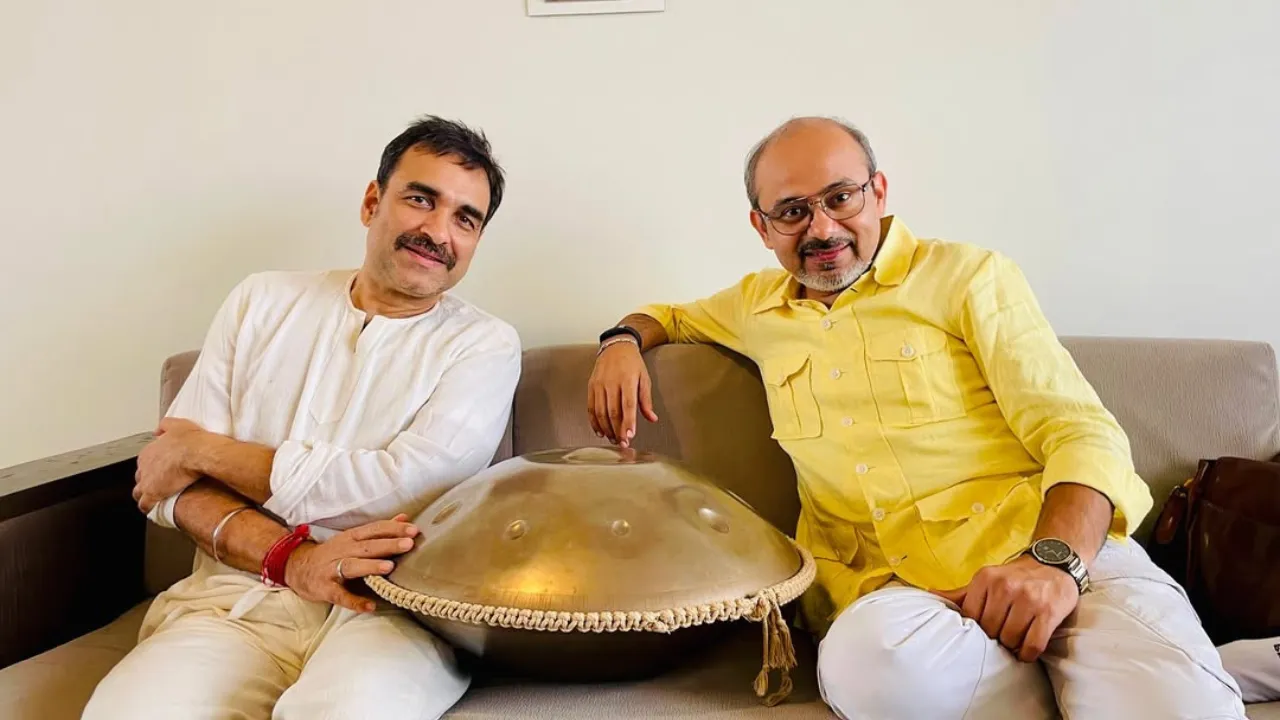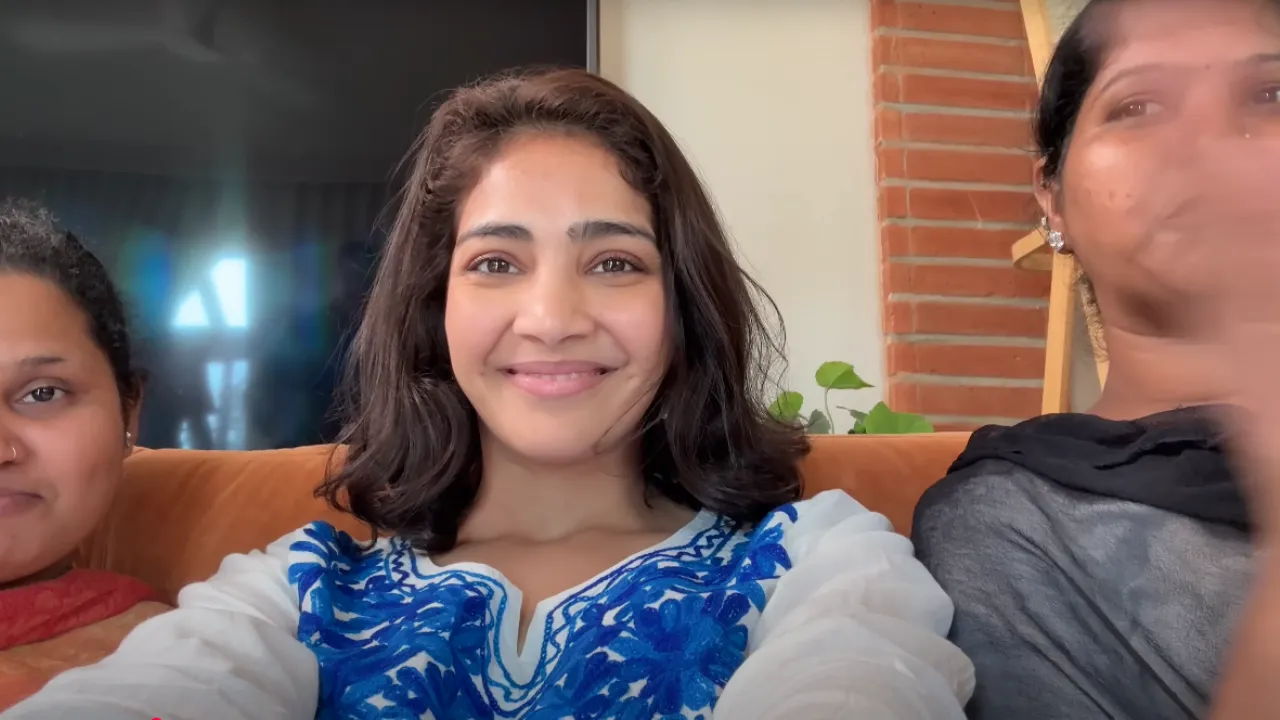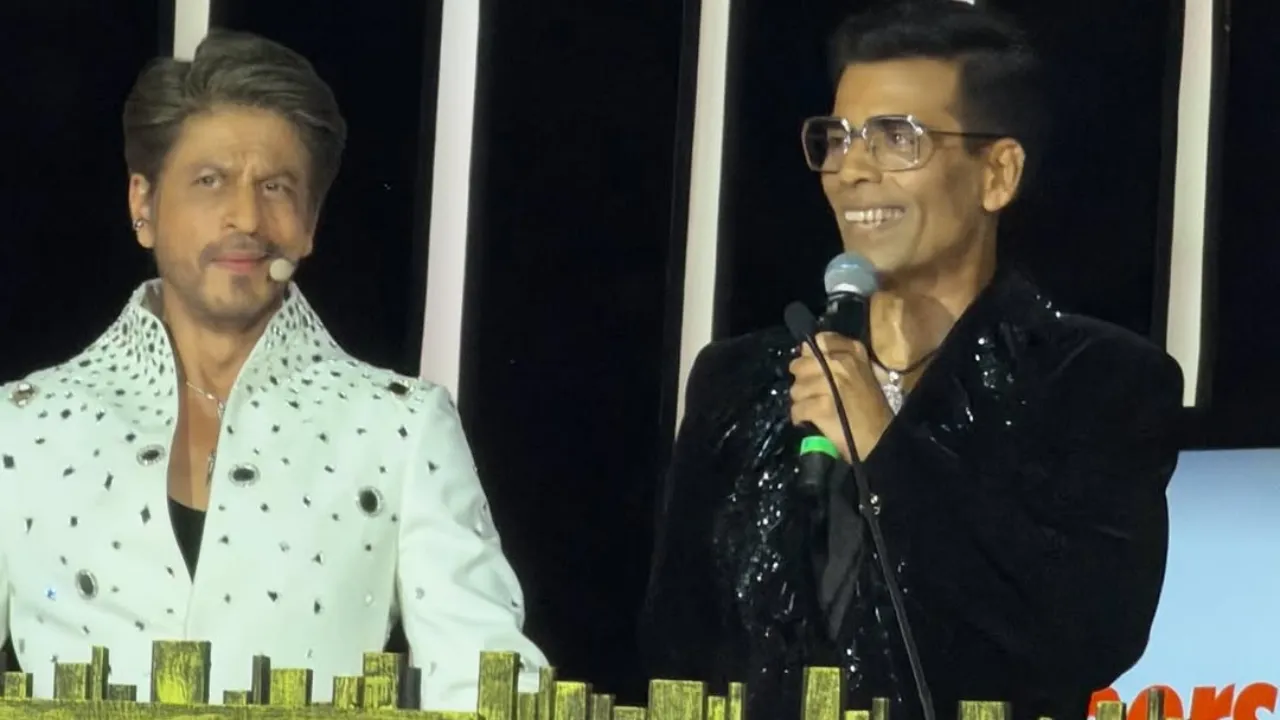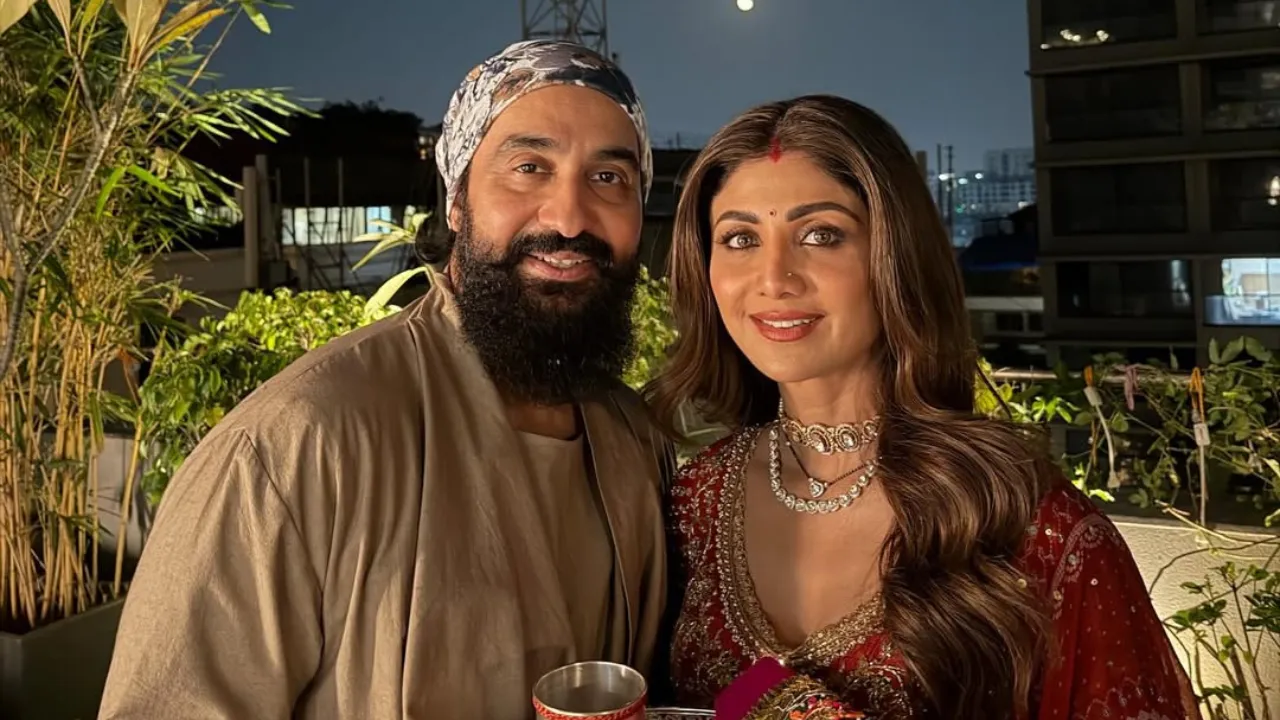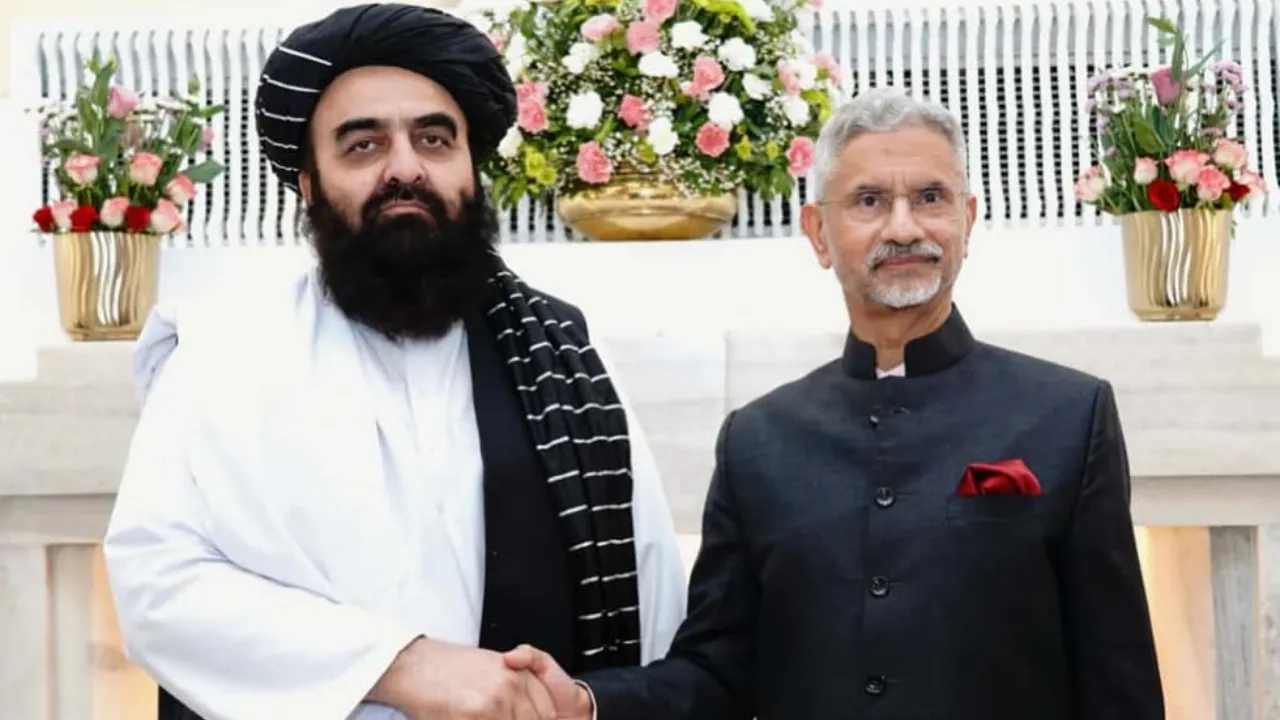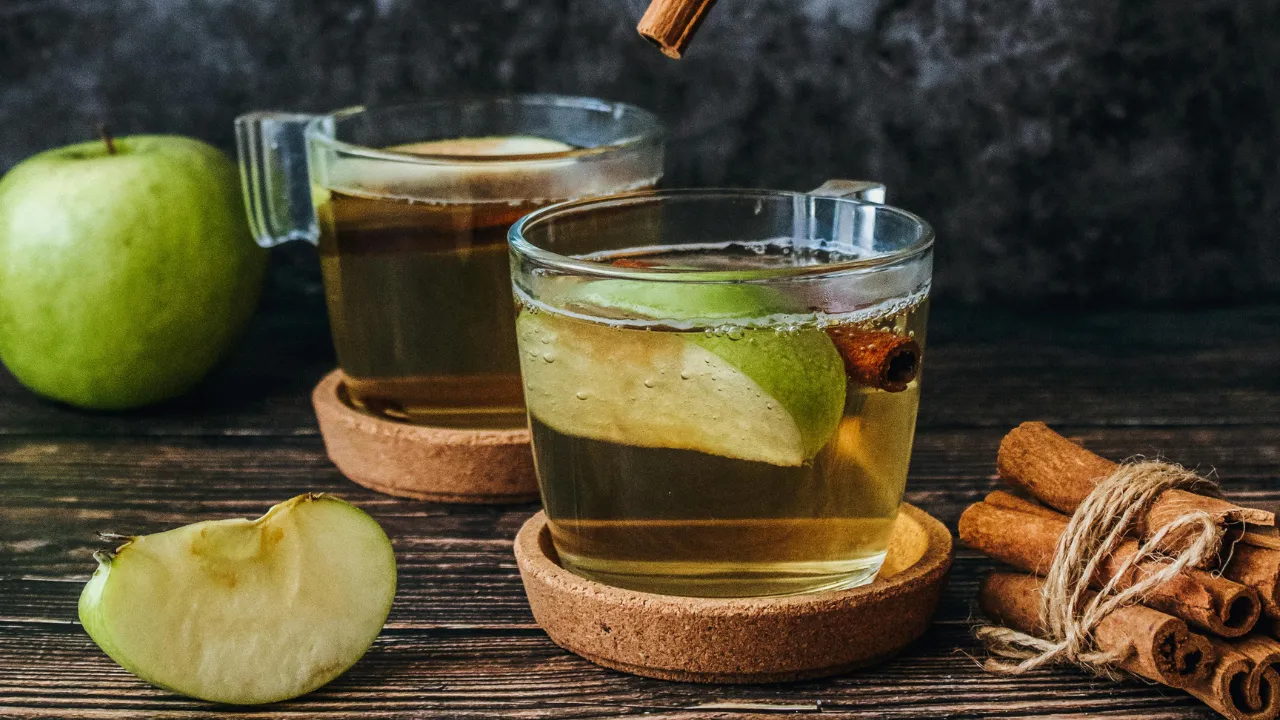Pankaj Tripathi’s Surprising Revelation: No Toothbrush for 20 Years
When Pankaj Tripathi recently revealed that he didn’t use a toothbrush for nearly two decades, it sparked widespread curiosity. Known for his honesty and grounded nature, the acclaimed actor once again reminded fans of his humble roots and unconventional upbringing. His confession might sound shocking at first, but it also offers a fascinating look into traditional oral hygiene practices in rural India and how life has changed over time.
What Exactly Did Pankaj Tripathi Say?
A glimpse into his rural childhood
In a recent interview with India Today, Pankaj Tripathi opened up about his childhood in a small village. He revealed that for about 19 to 20 years, he never used a toothbrush or toothpaste. Instead, he used neem and guava twigs to clean his teeth—something quite common in villages. The actor said that back in his village, there was no nearby marketplace or access to modern products, so people relied on natural methods for daily hygiene.
Still connected to his roots
Tripathi also mentioned that even now, whenever he visits rural areas or small towns for film shoots, he still asks for neem twigs. He said that the practice connects him to his roots and reminds him of his early years. Despite not using a toothbrush back then, Tripathi said his teeth were always clean and healthy, suggesting that natural methods worked well for him.
Why Pankaj Tripathi’s Story Sounds Believable
Traditional oral hygiene in India
While his revelation shocked many, the claim isn’t as unusual as it may sound. In many rural areas of India, people have used chewing sticks—made from plants like neem, miswak, or babool—for centuries. These twigs have antibacterial properties and help clean teeth naturally. Scientific studies have shown that chewing sticks can reduce bacteria and freshen breath, though they might not be as effective as modern toothbrushes in removing plaque.
A mix of tradition and science
So, while it’s surprising, Pankaj Tripathi’s statement is entirely believable, considering his rural background and the lifestyle he described. However, modern dental care experts point out that while traditional methods have benefits, they don’t replace the need for toothbrushes, toothpaste, and regular dental checkups.
Lessons We Can Learn from Pankaj Tripathi’s Experience
Respecting tradition while embracing progress
Tripathi’s confession highlights several key lessons about culture, health, and personal identity. First, it reminds us that tradition often has deep practical roots. In earlier times, when modern products weren’t accessible, people made the best use of natural resources. Neem twigs, for example, contain compounds with antibacterial and anti-inflammatory effects.
Staying connected to one’s roots
His story shows how staying connected to your roots doesn’t mean rejecting modern science. Pankaj Tripathi’s approach reflects balance—he acknowledges his past while adapting to the present. It’s a great reminder that respecting where we come from can coexist with adopting what’s proven to work better today.
Simplicity and relatability
His honesty about such a personal topic shows why fans find him so relatable. In an industry often associated with glamour, he consistently brings authenticity to his public image. Sharing simple details about his life—like never using a toothbrush for years—makes him stand out for his humility.
How Media and Fans Reacted
After his statement, several news outlets covered the story, including India Today, Inshorts, and other entertainment portals. Headlines calling it a “shocking revelation” trended across social media. Fans reacted with a mix of surprise and admiration. Some praised him for embracing his roots, while others joked about the secret behind his healthy smile.
Social media discussions quickly turned into debates about traditional versus modern hygiene practices. Many users pointed out that neem twigs and miswak are still widely used and recommended by elders. Others noted that while they respect traditional methods, modern dental hygiene remains essential.
The Cultural and Scientific Angle
Cultural significance of neem twigs
From a cultural standpoint, Tripathi’s revelation isn’t just about oral hygiene—it’s about how modernization has transformed our daily lives. A few decades ago, in many Indian villages, access to branded toothpaste or plastic toothbrushes was rare. People lived sustainably, using what nature provided. Neem trees, for example, grew abundantly and offered an easy, eco-friendly alternative to commercial dental care products.
Scientific view of traditional practices
From a scientific perspective, neem twigs have real benefits. They contain natural antiseptics, and chewing on them helps stimulate gums and clean teeth mechanically. However, experts emphasize that modern toothbrushes are designed to reach corners of the mouth and remove plaque more effectively. Regular brushing, combined with fluoride toothpaste, prevents tooth decay and gum disease more efficiently than twigs alone.
Practical Oral Health Advice for Today
While Pankaj Tripathi’s story is fascinating, it shouldn’t be seen as medical advice. If you want to maintain good oral hygiene today, dental experts recommend brushing at least twice daily with a soft-bristled toothbrush, using fluoride toothpaste, flossing regularly, and visiting a dentist for checkups.
You can still incorporate traditional elements if you wish. For instance, using neem twigs occasionally or rinsing with herbal mouthwash can complement your routine. The key is balance—respecting traditional wisdom while relying on proven modern dental care methods.
Why This Story Resonates with People
The power of humility
There’s more to this story than just the toothbrush headline. It resonates because it reflects the simplicity and humility of Pankaj Tripathi’s life. He has always spoken openly about his modest background, from working in farmlands to becoming one of India’s most respected actors. His journey represents how authenticity and perseverance can take someone from a small village to international fame without losing their core values.
Understanding India’s transformation
This story also reminds audiences that comfort and luxury were not always common. It helps younger generations understand how India has progressed—from using natural resources for basic needs to having modern amenities available everywhere.
Final Thoughts
Pankaj Tripathi’s statement about not using a toothbrush for 20 years might seem unbelievable at first, but it carries deep cultural and personal meaning. It reflects his grounded personality, respect for tradition, and ability to find pride in simplicity. His story teaches us that progress doesn’t mean forgetting where we come from.
While modern science offers better tools for oral care, traditional practices still have their charm and wisdom. The key takeaway is to strike a balance—embrace your roots, but stay informed about health practices backed by science. Pankaj Tripathi’s journey from a small village to becoming a global star continues to inspire millions, proving that success doesn’t require losing touch with one’s beginnings.
Also Read: Rashmika Mandanna Says Yes—Vijay Deverakonda Engaged!
